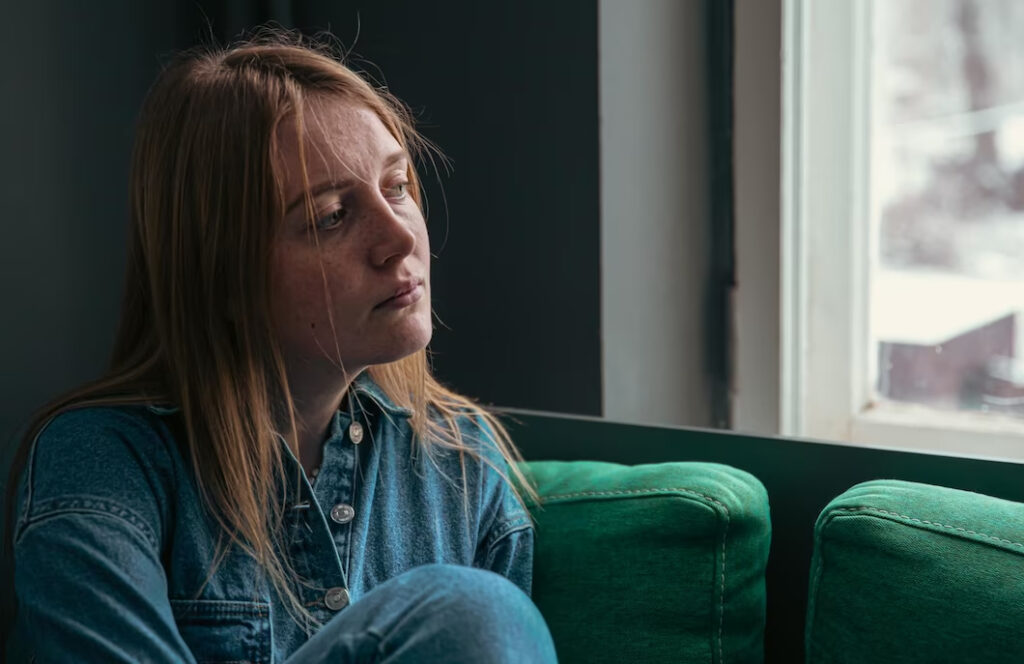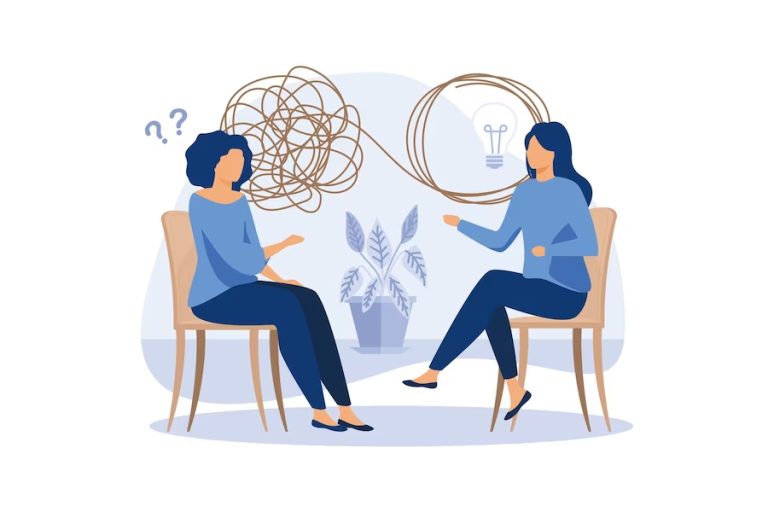No Responses
April 15, 2024

As per the National Mental Health Survey 2016, conducted by National Institute of Mental Health and Neuro Sciences, Bengaluru in 12 states of the country, the prevalence of depressive disorders among adults of 18+ years population in India is estimated to be 2.7 percent.
Depressive disorders are characterized by sadness severe enough or persistent enough to interfere with function and often by decreased interest or pleasure in activities.
The term depression is often used to refer to any of several depressive disorders.
Various factors can cause depression:
- Brain chemistry: Abnormalities in brain chemical levels may lead to depression.
- Genetics: If you have a relative with depression, you may be more likely to become depressed.
- Life events: Stress, the death of a loved one, upsetting events (trauma), isolation and lack of support can cause depression.
- Medical conditions: Ongoing physical pain and illnesses can cause depression. People often have depression along with conditions like diabetes, cancer and Parkinson’s disease.
- Medication: Some medications have depression as a side effect. Recreational drugs and alcohol can also cause depression or make it worse.
- Personality: People who are easily overwhelmed or have trouble coping may be prone to depression.
Symptoms
- Feelings of sadness, tearfulness, emptiness or hopelessness
- Angry outbursts, irritability or frustration, even over small matters
- Loss of interest or pleasure in most or all normal activities, such as sex, hobbies or sports
- Sleep disturbances, including insomnia or sleeping too much
- Tiredness and lack of energy, so even small tasks take extra effort
- Reduced appetite and weight loss or increased cravings for food and weight gain
- Anxiety, agitation or restlessness
- Slowed thinking, speaking or body movements
- Feelings of worthlessness or guilt, fixating on past failures or self-blame
- Trouble thinking, concentrating, making decisions and remembering things
- Frequent or recurrent thoughts of death, suicidal thoughts, suicide attempts or suicide
- Unexplained physical problems, such as back pain or headaches
Psychological intervention

- Self-help: Regular exercise, getting enough sleep, and spending time with people you care about can improve depression symptoms.
- Counseling: Counseling or psychotherapy is talking with a mental health professional. Your counselor helps you address your problems and develop coping skills. Sometimes brief therapy is all you need. Other people continue therapy longer.
- Alternative medicine: People with mild depression or ongoing symptoms can improve their well-being with complementary therapy. Therapy may include massage, acupuncture, hypnosis and biofeedback.
- Medication: Prescription medicine called antidepressants can help change brain chemistry that causes depression. Antidepressants can take a few weeks to have an effect. Some antidepressants have side effects, which often improve with time. If they don’t, talk to your provider. A different medications may work better for you.
- Brain stimulation therapy: Brain stimulation therapy can help people who have severe depression or depression with psychosis. Types of brain stimulation therapy include electroconvulsive therapy (ECT), transcranial magnetic stimulation (TMS) and vagus nerve stimulation (VNS).
- Cognitive-behavioural therapies

